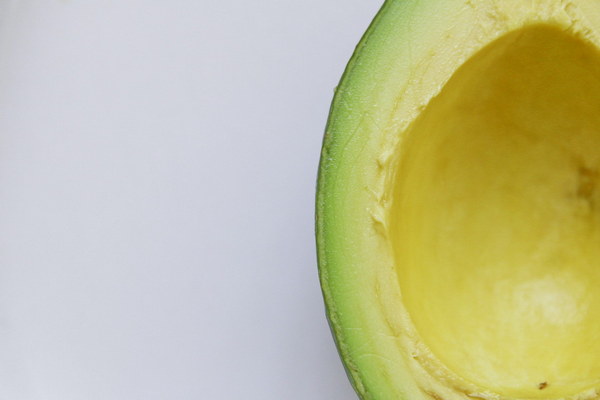Maximizing Collagen Levels A Comprehensive Guide to Body Care
Introduction:
Collagen, often referred to as the building block of the body, plays a crucial role in maintaining healthy skin, joints, and overall well-being. As we age, collagen production naturally decreases, leading to signs of aging and other health issues. However, by adopting a holistic approach to body care, you can maximize collagen levels and promote a youthful appearance and improved health. In this article, we will explore various strategies to help you maintain high collagen levels and achieve a healthier, more vibrant life.
1. Nutrition:
A balanced diet rich in essential nutrients is essential for maintaining optimal collagen levels. Here are some key foods and nutrients to incorporate into your diet:
- Vitamin C: Found in citrus fruits, berries, kiwi, and bell peppers, vitamin C is crucial for the synthesis of collagen. Consuming vitamin C-rich foods can help boost collagen production and repair damaged skin.
- Vitamin E: This powerful antioxidant can be found in nuts, seeds, and vegetable oils. Vitamin E protects collagen from oxidative damage, helping to maintain its integrity.
- Protein: Collagen is a protein, so consuming an adequate amount of protein is essential for its production. Good sources include lean meats, fish, eggs, dairy products, and plant-based options like lentils and tofu.
- Hydration: Staying well-hydrated is vital for maintaining healthy skin and joints. Drink plenty of water throughout the day, and consider adding herbal teas and fruits with high water content to your diet.
2. Sun Protection:
Excessive sun exposure can accelerate collagen breakdown and lead to premature aging. To protect your skin and preserve collagen levels, follow these tips:
- Wear sunscreen with an SPF of at least 30, even on cloudy days.
- Seek shade during peak sun hours (10 a.m. to 4 p.m.).
- Wear protective clothing, such as wide-brimmed hats and long-sleeved shirts, when outdoors.
- Use sunglasses to protect your eyes from harmful UV rays.
3. Exercise:
Regular exercise can promote the production of collagen and improve overall health. Here are some activities that can help:
- Strength training: Building muscle mass can increase the production of collagen, as muscles are made up of connective tissue that contains collagen.
- Cardiovascular exercise: Improving circulation can help transport nutrients and oxygen to the skin, promoting collagen synthesis.
- Yoga and stretching: These practices can improve flexibility and reduce the risk of joint injuries, which can damage collagen.
4. Skincare:
Incorporate collagen-boosting skincare products into your routine to enhance the appearance of your skin and maintain high collagen levels:
- Retinoids: Derived from vitamin A, retinoids can stimulate collagen production and reduce the appearance of wrinkles.
- Peptides: These small proteins can help repair damaged skin and promote collagen synthesis.
- Hyaluronic acid: This hydrating ingredient can help maintain skin elasticity and reduce the appearance of fine lines and wrinkles.
5. Avoiding Collagen-Damaging Habits:
To preserve collagen levels, it's crucial to avoid habits that can damage or accelerate collagen breakdown:
- Smoking: Smoking can accelerate the aging process and increase oxidative stress, leading to collagen degradation.

- Excessive alcohol consumption: Alcohol can dehydrate the skin and increase inflammation, which can harm collagen production.
- Poor sleep: Lack of sleep can disrupt the body's natural repair processes, including collagen production.
Conclusion:
Maximizing collagen levels is essential for maintaining healthy skin, joints, and overall well-being. By incorporating a balanced diet, sun protection, regular exercise, collagen-boosting skincare products, and avoiding collagen-damaging habits, you can promote high collagen levels and enjoy a youthful, vibrant life. Remember, taking care of your body is an ongoing process, so be consistent with your efforts to achieve the best results.









